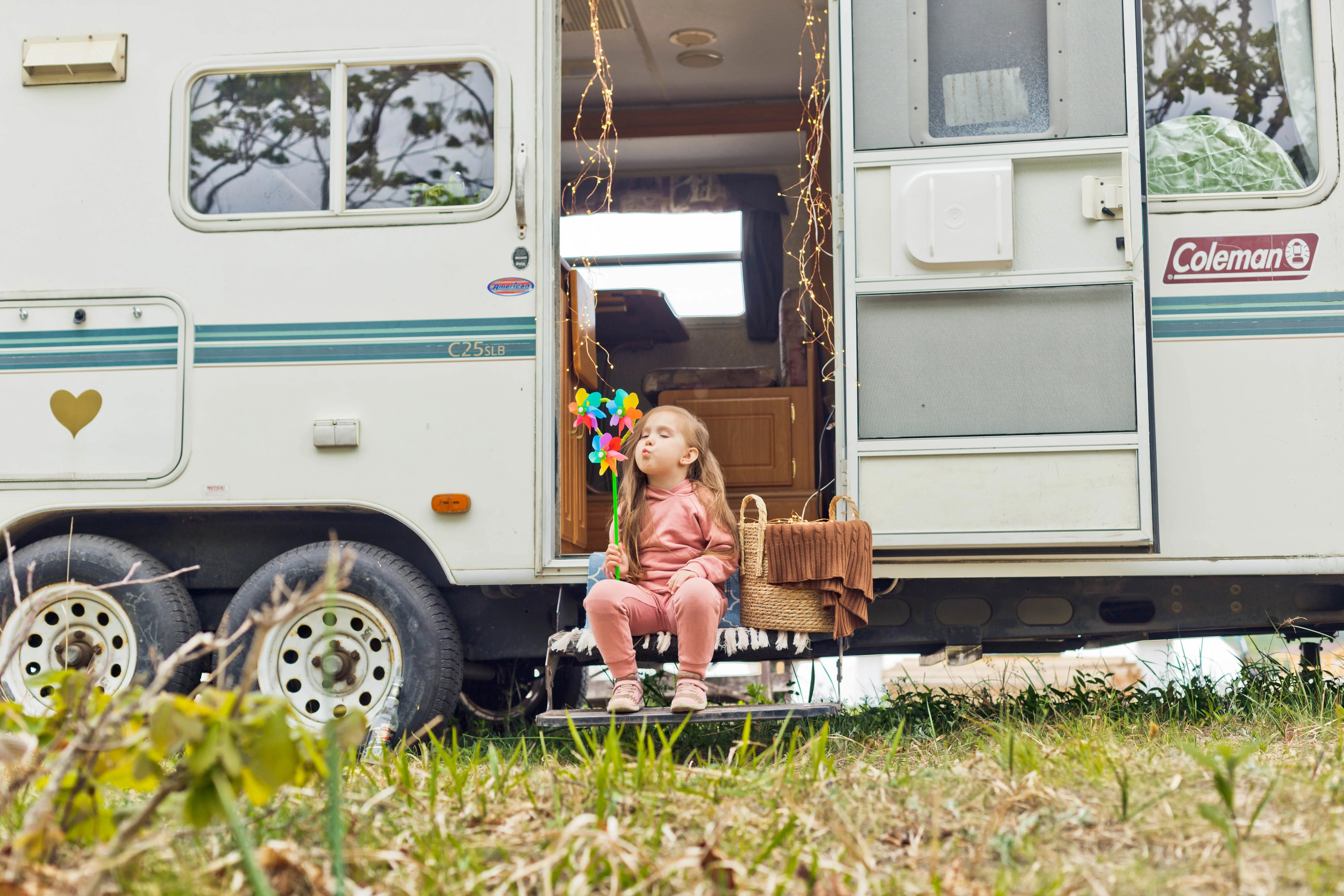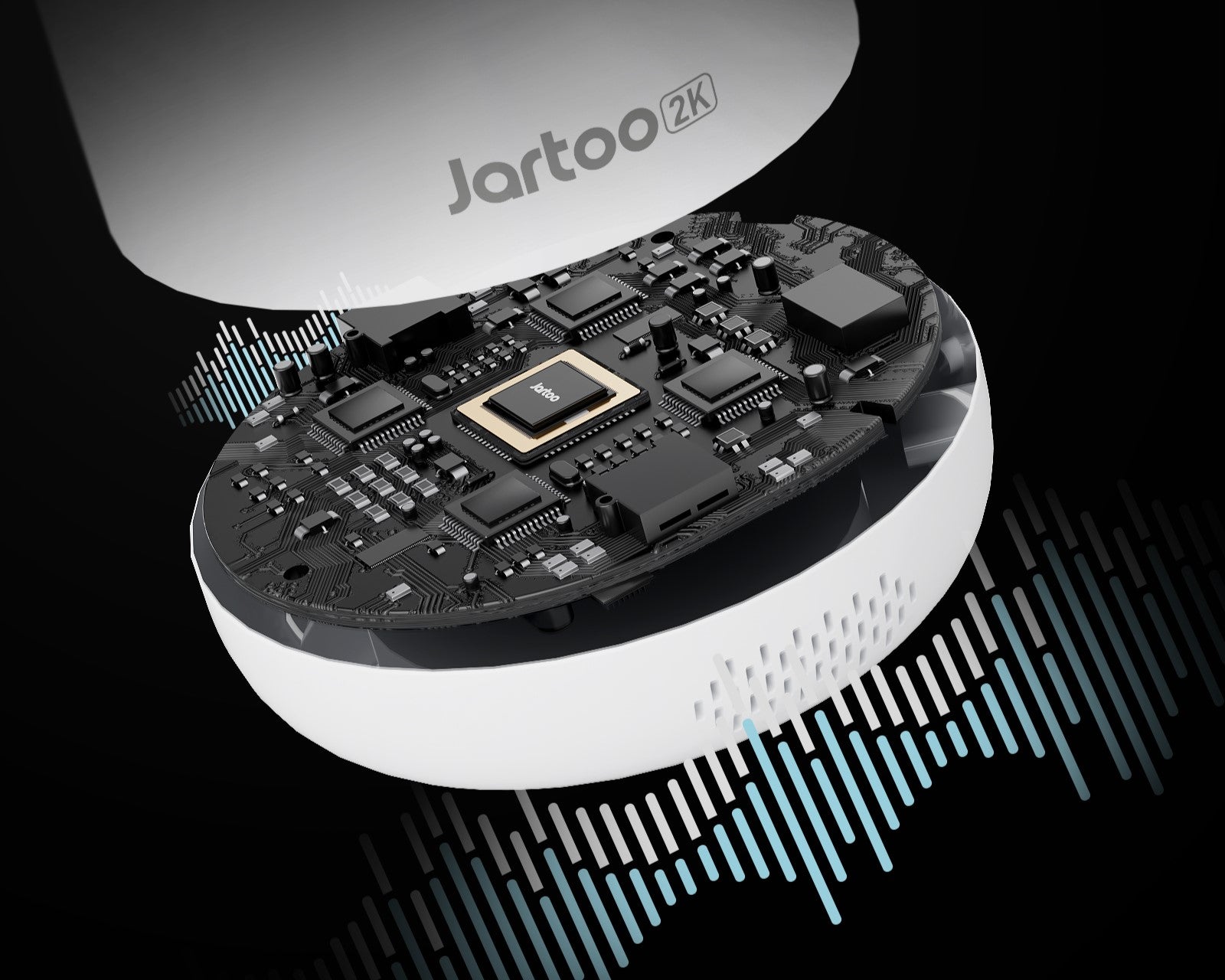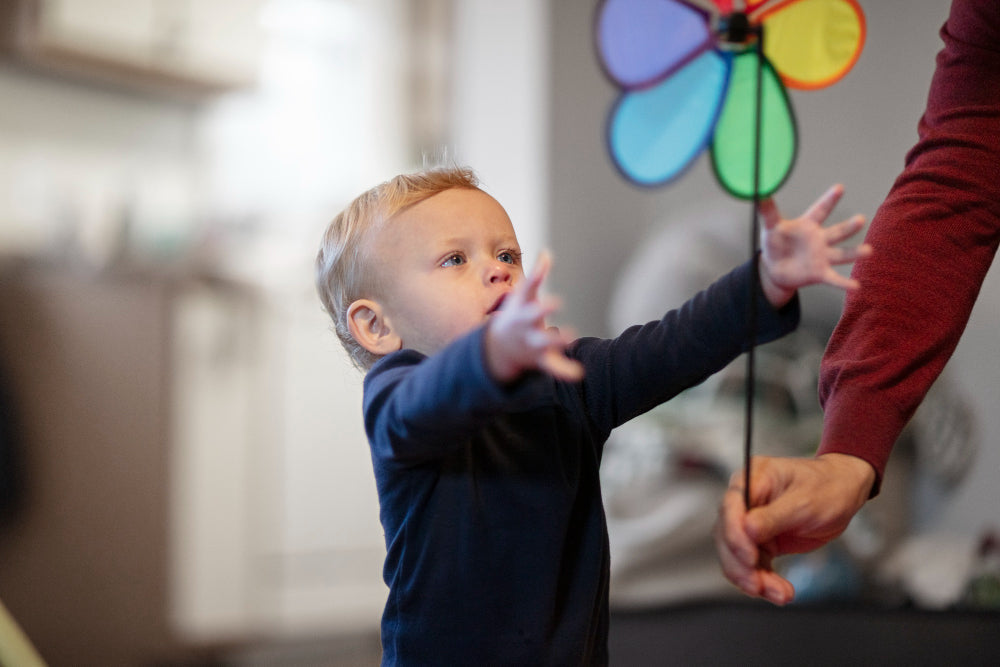How to Choose a
Suitable Baby Monitor for Travel

Key Features to Consider
1. Portability and Compact Design
2. Battery Life and Power Options
3. Range and Signal Strength
4. Audio and Video Quality
5. Ease of Setup and Use
6. Two-Way Communication
7. Durability and Build Quality
8. Portability of the Parent Unit
9. Privacy and Security
10. Additional Features
Conclusion

Trending Articles

Title

Title

Title

Title

Title

Title

Title

Title

Title

Title

Title

Title